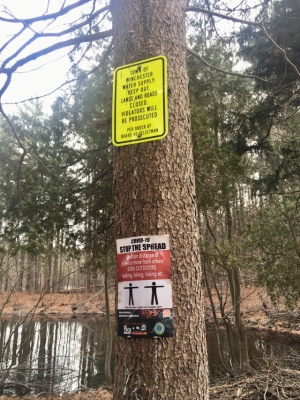
There were always two schools of thought as to what the Democrats ought to do about the civil war among the Republicans over who should be House speaker. One was to do exactly what they did: stay united and let the Republicans destroy themselves. Two years of hell awaits on the debt ceiling, aid to Ukraine and, of course, an idiotic investigation into Hunter Biden’s laptop.
One argument was that this was the best move politically — that after two years of chaos, the voters would gratefully turn back to the Democrats in 2024. And that may be the case.
The other school was that the Democrats should find a Republican they could work with, either inside or outside the House (the Constitution allows for outside candidates), stay united, and try to peel off a few reasonable Republicans to support a consensus candidate. My thought was that Liz Cheney might be a good choice. I heard former Maryland Gov. Larry Hogan’s name come up as well.
I understand this was always unlikely in the extreme. Keeping all 212 Democrats together and finding a half-dozen Republicans to form a majority was always going to be enormously difficult. And there really are no moderate Republicans. There’s a right wing, led by Kevin McCarthy (for the moment), and a far-right wing, led by no one. But if a consensus choice had emerged, we could have avoided the horrors I mentioned above. I also happen to think it would have been good politics for the Democrats.
Unfortunately, it did not come to pass. Two years after Jan. 6, 2021, the insurrectionists finally succeeded in taking over the House. God save the United States of America.


